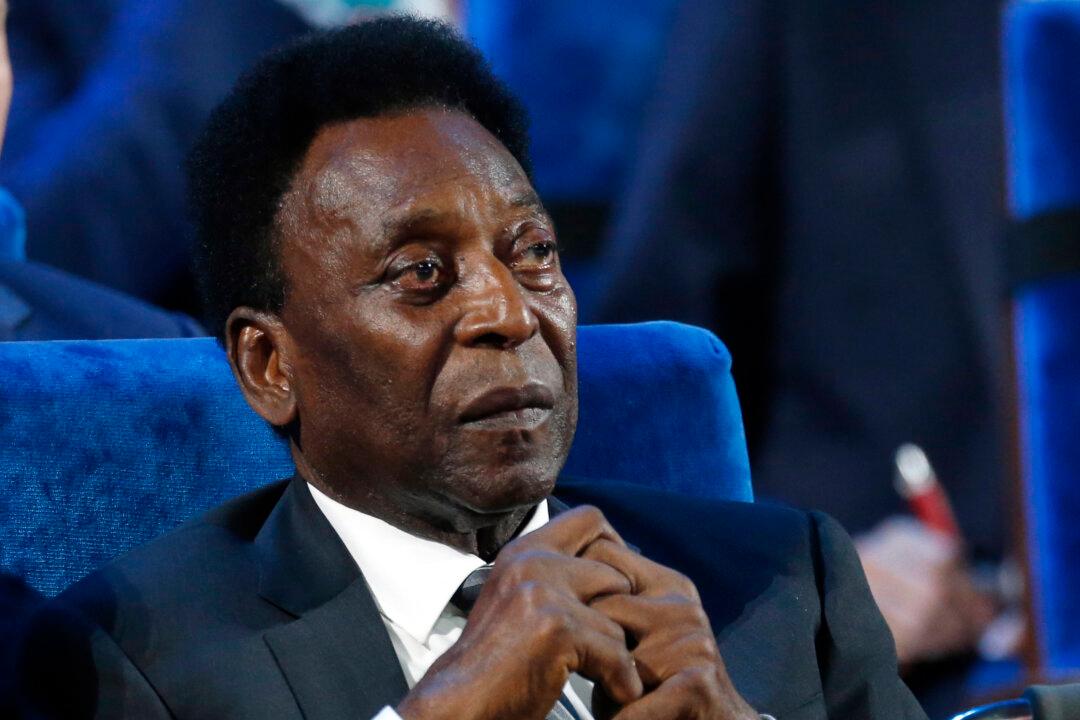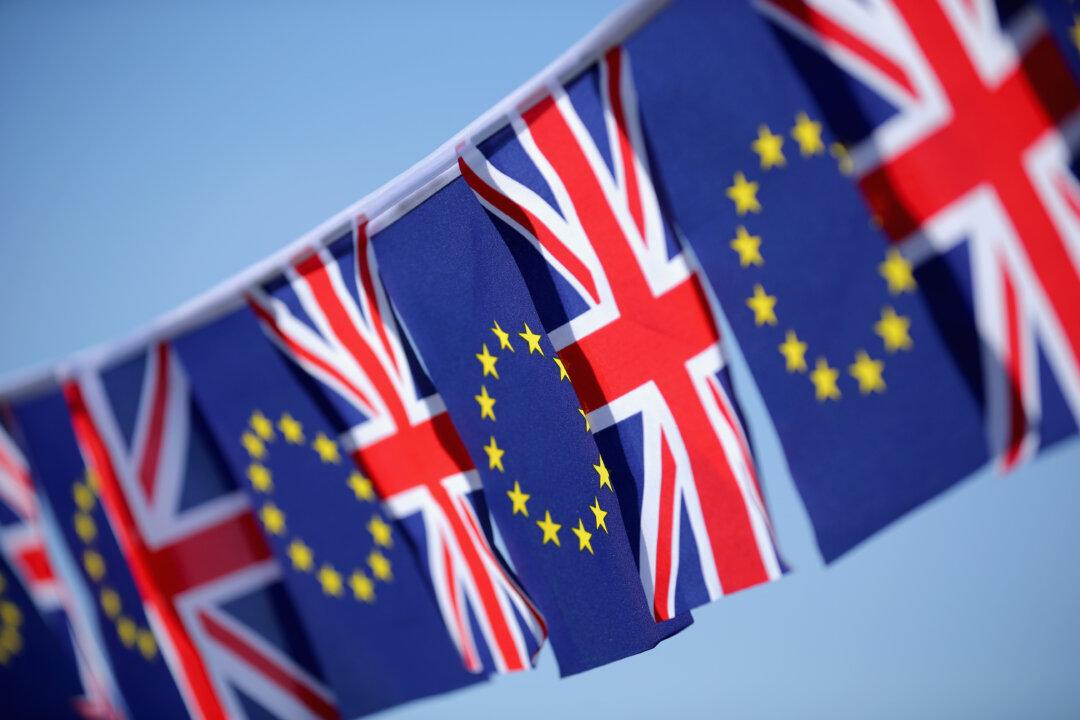Focus
Pele
LATEST
Does Europe Need Brexit?
Brexit symbolizes the European Union’s divide and discontent, and yet, “the shock of Britain leaving the Union could be exactly what’s needed to jumpstart Europe out of its near catatonic state,” argues Alan Stoga, senior adviser with Kissinger Associates and chairman of the Tällberg Foundation. The continent is divided in multiple ways over politics, migration, debt, as well as labor and regulatory policies. Across much of the continent, wages are stagnant with some unemployment rates exceeding 10 percent. “In short, the European Union is on trajectory to bounce from crisis to crisis, with ever-rising economic and social costs,” Stoga concludes. “Governments are supposed to create well-being for their people, and the E.U. is clearly not doing much of that.” Shedding less committed members could strengthen the European Union—allowing members that remain to pursue tighter integration, build common institutions, give Europeans a voice in their common future by devising a system for direct elections of European leaders—and deter divisive populism.
|
Maradona and Pele Are Wrong About Messi
Is Lionel Messi right up there with Diego Maradona and Pele?
|
Does Europe Need Brexit?
Brexit symbolizes the European Union’s divide and discontent, and yet, “the shock of Britain leaving the Union could be exactly what’s needed to jumpstart Europe out of its near catatonic state,” argues Alan Stoga, senior adviser with Kissinger Associates and chairman of the Tällberg Foundation. The continent is divided in multiple ways over politics, migration, debt, as well as labor and regulatory policies. Across much of the continent, wages are stagnant with some unemployment rates exceeding 10 percent. “In short, the European Union is on trajectory to bounce from crisis to crisis, with ever-rising economic and social costs,” Stoga concludes. “Governments are supposed to create well-being for their people, and the E.U. is clearly not doing much of that.” Shedding less committed members could strengthen the European Union—allowing members that remain to pursue tighter integration, build common institutions, give Europeans a voice in their common future by devising a system for direct elections of European leaders—and deter divisive populism.
|
Maradona and Pele Are Wrong About Messi
Is Lionel Messi right up there with Diego Maradona and Pele?
|


















